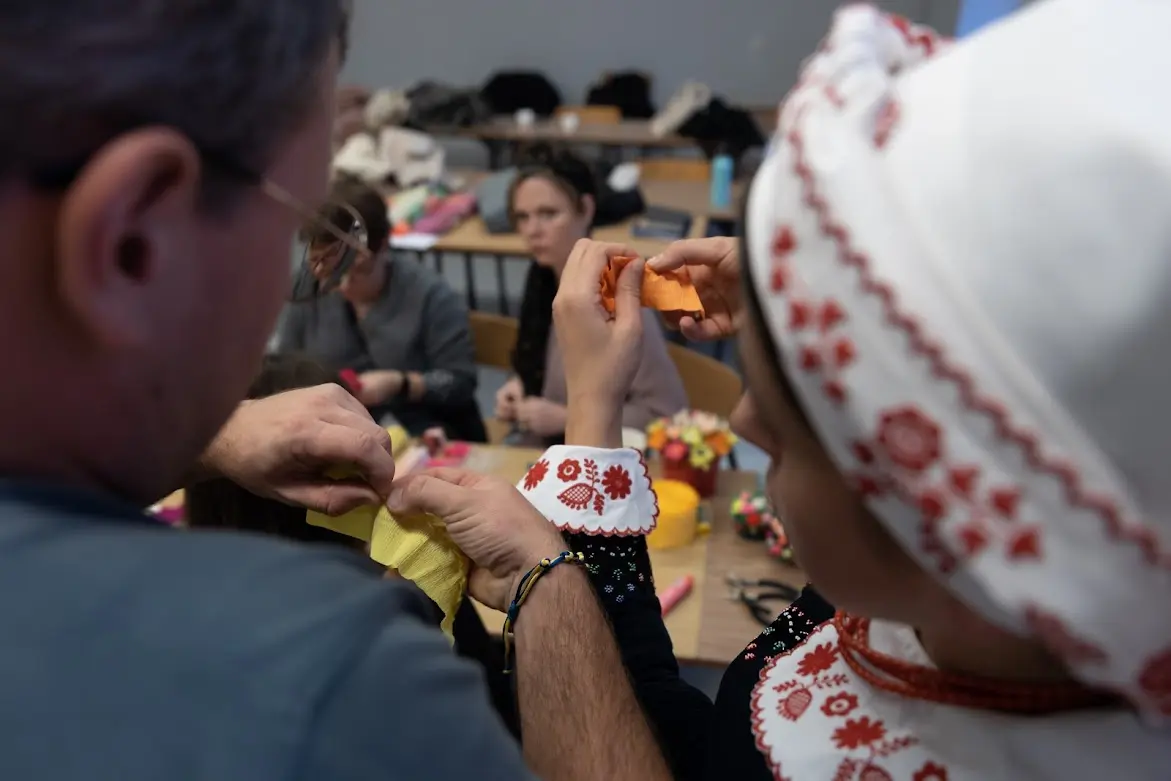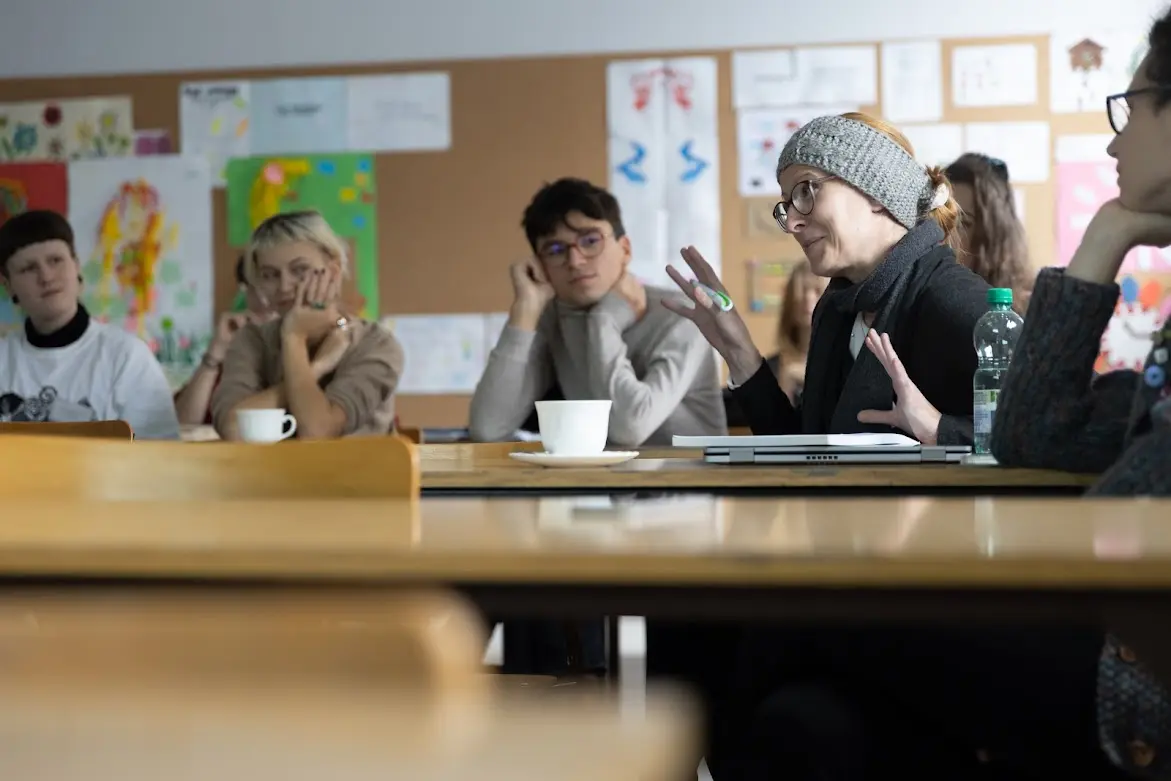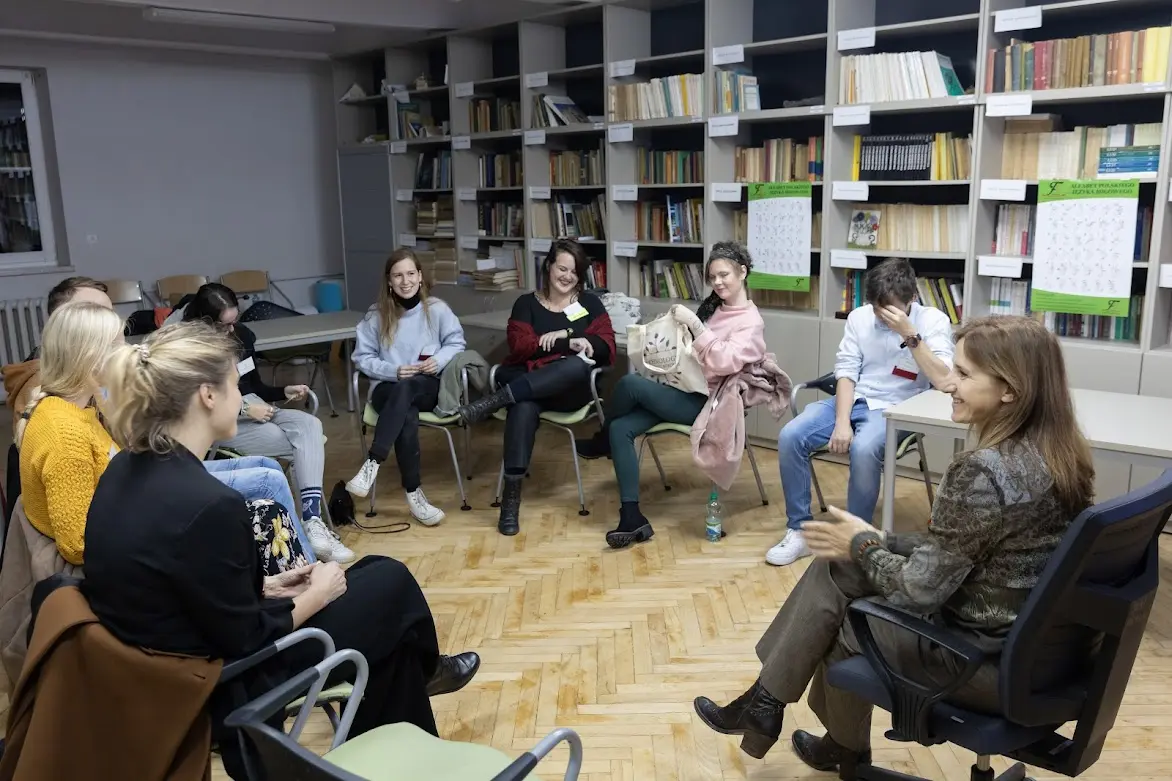About Us
The Ethnographic and Anthropological Research Team undertakes a wide range of research projects. We are convinced that the best studies are the result of following one’s own intellectual passions, therefore our research strategy is open, inclusive, and centred around the continuously developing interests of our team members.
Utilising an interdisciplinary approach, we conduct research in order to better identify and understand the social and cultural phenomena crucial to the current times. Our main interest areas include:
borderland
understood as a space with specific social and cultural qualities, area of contact and multi-faceted practices that make up the culture of memory, the politics of identity, the sphere of power, control and resistance; also borderland interpreted metaphorically as an interdisciplinary space for dialogue, academic reflection, and sharing research experiences;
cultural ecology
which studies humans and their culture in the context of sustainable development, and ecological balance in the natural and social environment; the cultural phenomena occurring in the ecosystems based on a harmonious functioning of man and the natural environment, and within the degraded post-industrial areas; relations between the human and non-human world, and the influence of man on the natural world in the Anthropocene epoch; trans-border environmental management related to borderlines crossing natural ecosystems;
cultural heritage
as a type of capital used in cultural politics, economy, and creative industries, in the strategy of building social and cultural identity, or treated as activities that explore the heritage, that is performative practices, which, from a wider perspective, reveal the mechanisms of the functioning of modern culture; the heritage of the borderland as maintaining the cultural continuity beyond the borders and influencing the identity of the borderland;
techno-liquidity (tecnoliquidità)
as a feature that distinguishes modern culture, determines social behaviours and communication methods. Man, whose natural state involves both functioning in the world and in the virtual space, constantly finds himself on the borderland between experience and virtual exploration;
anthropology in action
consisting of synchronised research practices used to translate the established theoretical knowledge into social practice. The knowledge of mechanisms shaping the functioning of cultures makes it possible to develop competence as part of social interactions and communication, and conduct actions for the communities studied, and with their participation.
We represent a qualitative approach, typical for ethnology and cultural anthropology, which enables us to immerse ourselves in a culture, capture its specificity from an emic perspective – that is, unavailable to an uninvolved observer. The research is most often based on a direct contact with informers, which makes it possible to describe the studied phenomena comprehensively. The researchers attempt to interpret the world and create its representation in a natural environment, taking into account categories and utilising the terms used by the studied people. We use research strategies and data collection methods which enable us to do it as comprehensively as possible: ethnography, participatory observation, performance ethnography, netnography, case studies, phenomenology, the grounded theory, applied research, interventional studies, biography and witness narrations.
The Ethnographic and Anthropological Research Team is a group of researchers that from 2002 to 2018 functioned as part of the Institute of Ethnology and Cultural Anthropology, and is currently based in the Institute of Culture Studies of the University of Silesia. Its activity focuses on developing the research and scholarly achievements gained in the last decades.



